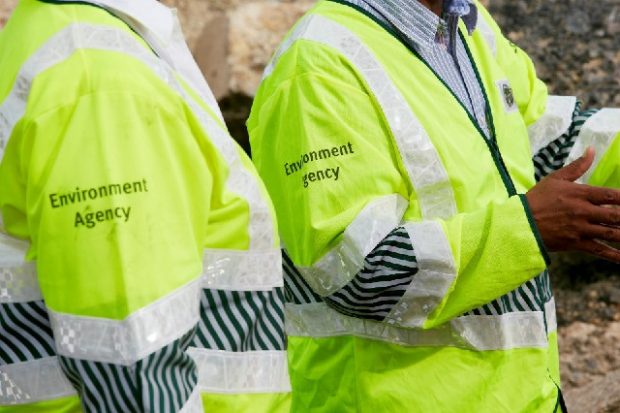
There are reports today on claims that the Environment Agency (EA) has told staff to “ignore” lower impact pollution events – known as Category 3 and 4 incidents – as part of a triage process.
The EA receives over 100,000 incident reports a year, every one of which is recorded and assessed. Like every other public sector organisation with finite resources, the EA focuses its efforts on where they will have the most impact – so those which pose the greatest risk to the environment.
This is something the EA has spoken about previously, including in a blog from its Chief Executive last year. This reiterates that across everything the EA does “we will always do the best we can with the money we have for the people and places we serve.”
The EA’s full statement is below.
An Environment Agency spokesperson said:
“We focus our incident response effort on those pollution incidents which pose the greatest risk to the environment.
“Our Incident Triage Project is looking at how we can best use our resources and maximise benefits for the environment. While we continue to attend the most serious incidents we concentrate our efforts on our regulatory activities which prevent incidents from happening in the first place. Intelligence from incident reporting helps us to plan and prioritise our work to protect the environment ”
It is also worth noting that the figures quoted in media coverage represent the total number of incident reports the EA receives each year. That includes multiple and duplicate reports about the same cases, as well as unsubstantiated events, rather than distinct incidents. As stated above, every incident is logged and assessed so that officers can target interventions where they are most needed.
If members of the public wish to report an environmental incident, they should do so by calling 0800 80 70 60.
7 comments
Comment by Ruth Willcox posted on
The technology is available now to support real time monitoring and sewage treatment process optimisation. Are water companies and their shareholders willing to invest and bear this cost?
Should we wait for further the outcome of a lengthy prosecution case before this conundrum is resolved?
I suggest not, particularly in light of rapid climate change, which will only exacerbate existing network capacity issues. The time for bold, decisive action is now.
Comment by Richard Ogden posted on
Unbelievable!
Comment by Enoughisenough posted on
Surely you need to be protecting the health of residents being poisoned by landfil gasses from Walleys quary Silverdale. Your regulations are not working, this has been going on for more than 2 horrendous years at this level. The EA wasted money going to court, the operator are stalling an abatement notice Boris promised Alpine fresh air, when are you coming to visit yourself and experience the nightmare?
Comment by Ian Hayes posted on
However my argument is that continual Cat 3 pollution incidents in a watercourse, amount to a chronic pollution incident that should be reclassified as either a Cat 1 or Cat 2 and be dealt with appropriately.
Comment by Dave Stanley posted on
The fundamental question is how many of these incidents result in serious prosecution with significant fines to deter other occurrences by polluters.
Nothing like a few high-profile examples with I watering fines to grab the attention of water companies etal
Comment by John W. Baxter posted on
Why are water companies allowed to test their effluents from waste water treatment works when EA used to carry out sampling?......I would expect by now thatEA would have used resources to put in place automatic telemetered effluent sampling stations ,funded by water companies to establish transparent real time monitoring to be the proactive tool of the present and future instead of the reactive outdated process we currently tolerate as consumers and taxpayers.
Comment by Lucy Rodriguez-Laranjo posted on
The defunding of the EA is appalling. How can we protect our environment - our most important public asset - when we keep cutting the funding to do so? I am terrified at what this means for our collective future - the continued death of our natural environment by a thousand cuts. The EA are right about one thing - you get the environment you pay for, and we are not paying nearly enough.